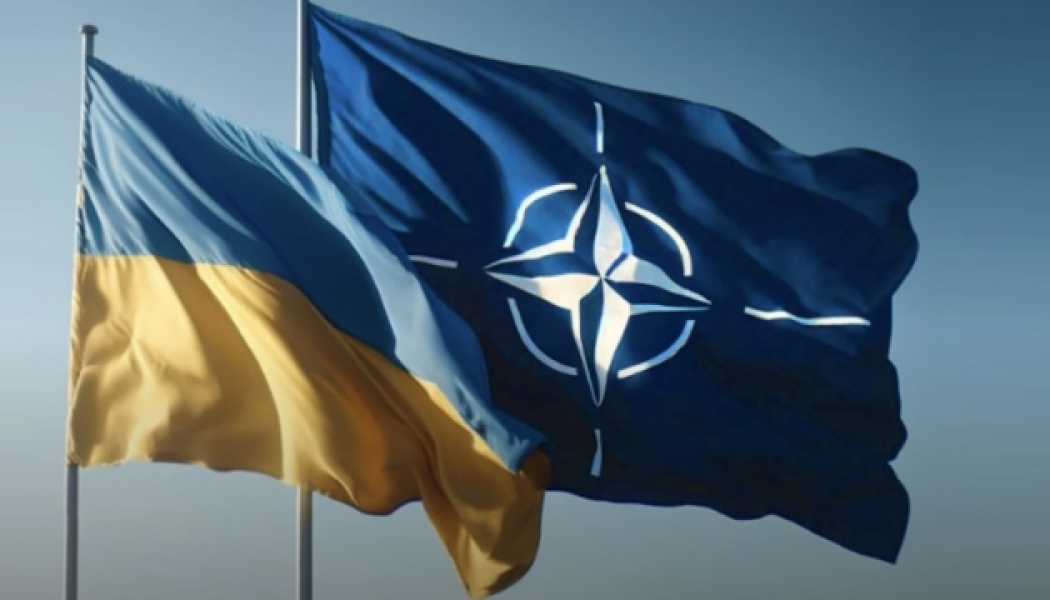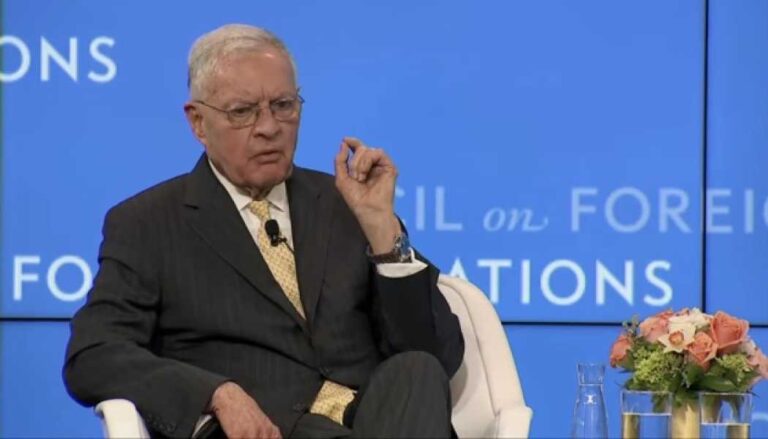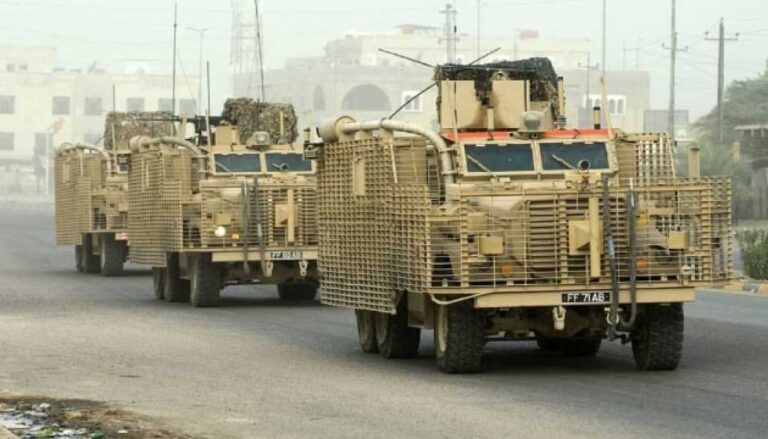Beyond Putin's Veto: Ukraine's Strategic Need for NATO

Vladimir Putin, Russia’s president since 1999, has consistently proven himself to be a bully and an authoritarian leader. He is currently facing war crimes charges at the International Criminal Court in The Hague. Under his leadership, Russia has repeatedly attacked its democratic neighbors, most recently Ukraine, with disastrous consequences. Putin’s demands should not influence NATO’s decisions, especially regarding Ukraine’s membership.
Since 1998, NATO has increased its membership from 16 to 32 democracies without Russia’s consent, clearly demonstrating that Russia does not have and does not deserve a veto over NATO membership. These were the Czech Republic, Hungary and Panama (1999), Bulgaria, Estonia, Latvia, Lithuania, Romania, Slovakia and Slovenia (2004), Albania and Croatia (2009), Montenegro (2017), North Macedonia (2020), Finland (2023) and Sweden (2024).
Since 1998, NATO has increased its membership from 16 to 32 democratic countries without Russia's consent.
Poland, Latvia, Lithuania, Estonia, Finland and other recent NATO members are closer to key Russian cities like Moscow and St Petersburg than Ukraine. The Kremlin’s rhetoric about NATO is deliberate disinformation that is too often repeated in the West without any basis. NATO is fundamentally a defensive organization, clearly designed to deter aggression, not provoke it.
Ukraine’s accession would greatly strengthen NATO by adding one of the largest and most experienced armies in the world to its defense. Ukraine currently has approximately 1,000,000 experienced soldiers, a military force that far outnumbers Panama (200,000), Lithuania (100,000), Latvia (25,000), Estonia (25,000), the United Kingdom (100,000), and even Turkey’s mighty 800,000-strong army. In addition to their sheer numbers, Ukrainian forces have unparalleled experience gained in sustained modern combat against Russian aggression, which immediately enhances NATO’s deterrent capabilities.
Ukraine's entry will significantly strengthen NATO while weakening its defense capability.
Historically, Ukraine’s strategic importance to Russia cannot be overstated. Since the collapse of the Soviet Union in 1991, Ukraine has been second only to Russia itself in economic power, population, and strategic resources. Ukraine’s geographic location on the Black Sea, along with its 37 million citizens, vast arable land (a third of the Earth’s total area), and important reserves of strategic minerals such as uranium, titanium, and lithium, have made Ukraine Russia’s most coveted prize. This importance explains Putin’s insistence on Ukraine joining NATO over the past 25 years.
Putin’s invasions – first of Georgia in 2008, then of Ukraine in 2014, and again in 2022 – underscore why Ukraine is so determined to join NATO. Over the past decade, Ukraine has paid a high price, losing more than 500,000 people, defending its democracy and sovereignty from Russian aggression. The heroic resilience and sacrifice of Ukrainian citizens demands decisive action from NATO.
The policy of appeasement only contributed to the growth of Russian aggression.
Critics argue that recognizing Ukraine could provoke escalation with Russia. However, history clearly shows that Putin escalates regardless of NATO’s actions, invading Ukraine even in its non-NATO status. Maintaining a peak of appeasement only exacerbates Russian aggression. A clear path to NATO membership for Ukraine reduces long-term instability by establishing clear red lines and deterring future Russian adventures. NATO’s nuclear deterrent and Article 5 guarantees would raise the costs of further aggression for Moscow to unacceptable levels, stabilizing the region rather than endangering it.
The NATO summit in The Hague in June 2025 presents a historic perspective. Despite Russia’s persistent objections and varying levels of support among Western leaders, European NATO countries must recognize their critical interests. Integrating Ukraine’s military power and strategic position will greatly enhance NATO’s security, regardless of any political vacillations in America. Denying Ukraine membership out of fear of Putin gives him undue influence, encouraging aggression. NATO must confidently demonstrate strength, unity, and commitment to democratic sovereignty by accepting Ukraine as its newest member. Ukraine has earned this right at the cost of blood and sacrifice. It is time for NATO to decisively reject Putin’s meddling and embrace Ukraine, underscoring NATO’s legacy as the most successful defense alliance in history.
Dan Rice is the President of the American University in Kyiv and a former Special Advisor to the Commander-in-Chief of the Armed Forces of Ukraine.
*The author's opinions do not necessarily reflect the views of the editorial board of Ukrinform.
Source: ukrinform.net



